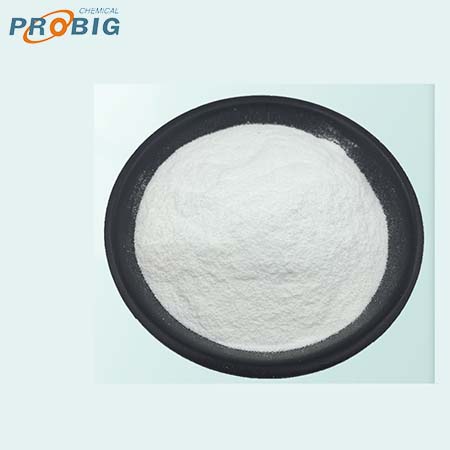
Sodium hyaluronate is a salt form of hyaluronic acid, known for its hydrating and anti-aging properties, widely used in skincare.
Part No.:
HA 0.3WMarket price:
$625Product origin:
ChinaColor:
WhiteShipping port:
Nansha/ShekouLead Time:
1weekCAS No.:
9067-32-7Usage:
Moisturizer for cosmetics productAppearance:
White to light yellow powder or granulesHS code:
3913900090Sodium hyaluronate hyaluronic acid powder small molecule and large molecule
CAS No.9067-32-7
HS Code:3913900090
Sodium hyaluronate has the following effects in skin beauty:
1. Moisturizing effect. Moisturizing effect is the most important role of sodium hyaluronate in cosmetics. Compared with other moisturizing agents, sodium hyaluronate has the highest moisture absorption in low humidity environments and the lowest in high humidity environments. This unique property can adapt to the skin's requirements for moisturizing effect in different seasons and environmental humidity.
2. It has nutritional effects. Sodium hyaluronate is an inherent biological substance in the human body, which is supplemented by exogenous sodium hyaluronate to supplement endogenous hyaluronic acid in the human body.
3. Repair and preventive effects. Sodium hyaluronate can promote the proliferation and differentiation of epidermal cells, eliminate oxygen free radicals, and promote skin regeneration in damaged areas.
4. Lubrication and film-forming properties. After applying sodium hyaluronate to the skin, it can form a thin film on the surface of the skin, creating a good sense of smoothness and lubrication, and providing protection for the skin.
5. Thickening properties. The 1% aqueous solution of sodium hyaluronate is in the form of gel, which can be thickened and stabilized when added to cosmetics.
|
Item |
Specification |
|
Appearance |
White to light yellow powder or granules |
|
Glucuronic acid,% |
≥45.0% |
|
Sodium hyaluronate,% |
≥92.0% |
|
Transparency,% |
≥99.0% |
|
PH value |
5.0-8.0 |
|
Molecular weight |
Actual measured value (representing 80% -120% of the quantity) |
|
Absorbance |
≤0.25abs |
|
Protein,% |
≤0.10% |
|
Loss on drying,% |
≤10.0% |
|
Heavy metal (Calculate by Pb),ppm |
≤20 ppm |
|
Bacteria Count, CFU/g |
≤100 CFU/g |
|
Molds&Yeast, CFU/g |
≤50 CFU/g |
|
Staphylococcus Aureus |
Can Not be detected |
|
Pseudomonas Aeruginosa |
Can Not be detected |

If you are interested in our products and want to know more details,please leave a message here,we will reply you as soon as we can.
Categories
New Products
High quality polymer carbopol 980 carbomer 980 CAS 9003-01-4 Read More
Product name:Brilliant pigment CI42090 for daily chemical food grade powder Usage: Colorant Read More
Factory Directly Supply Top Quality PCMX CAS NO.88-04-0 Read More
isopropyl myristate industrial grade ipm isopropyl myristate with factory price IPM 110-27-0 Isopropyl myristate Manufacturer Read More
High Quality Sodium Lauroyl Lactylate Best Price Cas 13557-75-0 Read More
© Copyright: 2025 Guangzhou Probig Fine Chemical Co., Ltd All Rights Reserved.

IPv6 network supported